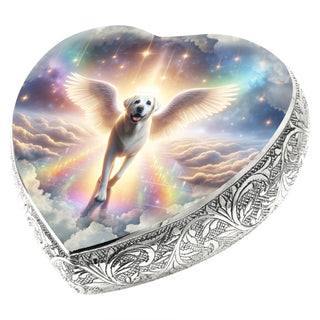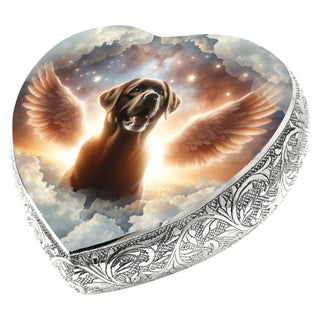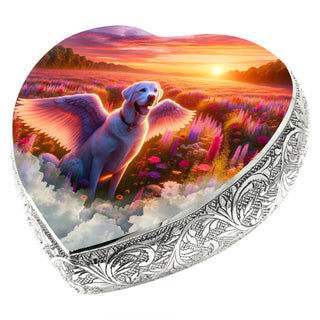One of the most common concerns pet owners have about cremation is whether the ashes they receive truly belong to their beloved pet. Ensuring this trust is crucial for peace of mind, especially when choosing private or semi-private cremation services. Fortunately, most reputable pet crematories follow strict protocols to maintain the integrity of the process.
Types of Cremation and Ash Identification
Understanding the type of cremation you’ve selected is key to knowing what to expect:
1. Private Cremation
• Your pet is cremated alone, guaranteeing that only their ashes are returned.
• Facilities often use tracking systems, such as unique ID tags, to ensure accurate identification.
2. Semi-Private or Partitioned Cremation
• Pets are cremated simultaneously but separated by barriers. While unlikely, there is a small chance of ash mingling.
3. Communal Cremation
• Multiple pets are cremated together, and ashes are not returned to owners.
How Crematories Ensure You Receive Your Pet’s Ashes
1. Unique Identification Tags
• Upon arrival, your pet is assigned a unique ID tag or number that stays with them throughout the process.
• This tag is fire-resistant and accompanies your pet during cremation, ensuring traceability.
2. Documented Tracking Systems
• Reputable crematories maintain a detailed log of each pet’s journey, from arrival to ash return.
• Many facilities allow you to review these records upon request.
3. Witnessing Options
• If you’re concerned about ash integrity, some crematories offer the option to witness the cremation, giving you additional assurance.
4. Transparency and Accreditation
• Accredited crematories, such as those certified by organizations like the International Association of Pet Cemeteries and Crematories (IAOPCC), adhere to strict ethical standards.
Questions to Ask the Crematory
Before choosing a service, ask the following questions to ensure confidence in their processes:
• What type of tracking system do you use?
• Can you explain how ashes are separated in partitioned cremations?
• Are you accredited or certified by any professional organizations?
• Do you offer a tour of your facility?
What to Expect When Receiving Ashes
• Sealed Containers: Ashes are typically returned in a sealed temporary container or your chosen urn.
• Certificate of Cremation: Many facilities provide a certificate that includes details like the pet’s name, date of cremation, and type of service.
Warning Signs to Watch For
1. Lack of Documentation
• A reputable crematory should provide clear records, including the type of cremation and tracking procedures.
2. Refusal of Witnessing Requests
• If a facility discourages or refuses requests for witnessing, it may be worth reconsidering their services.
3. No Accreditation or Reviews
• Check for accreditation or read reviews from other pet owners to ensure reliability.
Alternatives for Added Assurance
• Third-Party Crematories: Some pet owners opt to work directly with crematories rather than through a veterinary clinic to feel more involved in the process.
• DNA Testing: In rare cases, DNA testing can verify the identity of the ashes, although this is typically unnecessary when working with a trusted crematory.
Ensuring you receive your pet’s ashes requires working with a trustworthy crematory that uses robust tracking and separation procedures. By understanding the cremation process and asking the right questions, you can confidently honor your pet’s memory and cherish the ashes as a heartfelt keepsake.
































